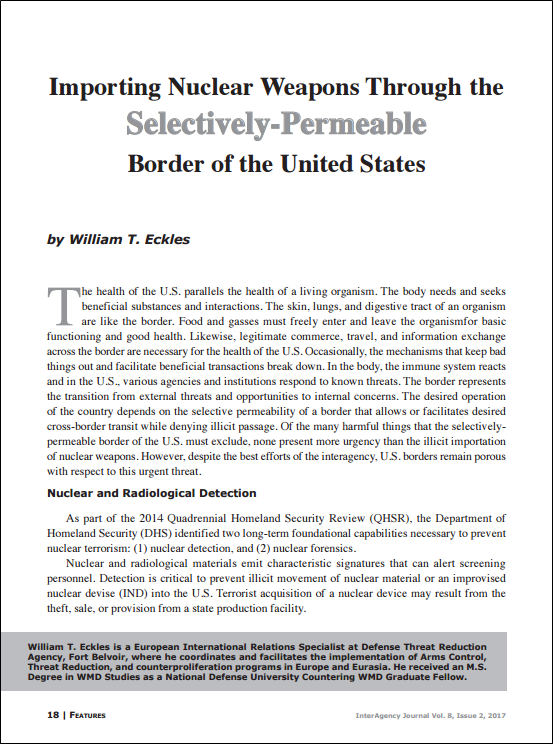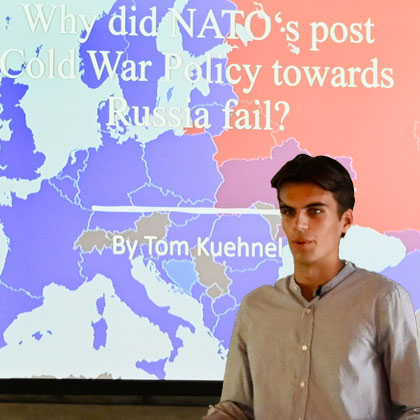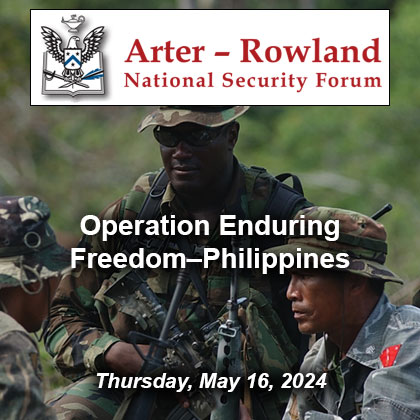Featured Article: Importing Nuclear Weapons…
Featured article:
Importing Nuclear Weapons Through the Selectively-Permeable Border of the United States
by William T. Eckles
The health of the U.S. parallels the health of a living organism. The body needs and seeks beneficial substances and interactions. The skin, lungs, and digestive tract of an organism are like the border. Food and gasses must freely enter and leave the organism for basic functioning and good health. Likewise, legitimate commerce, travel, and information exchange across the border are necessary for the health of the U.S. Occasionally, the mechanisms that keep bad things out and facilitate beneficial transactions break down. In the body, the immune system reacts and in the U.S., various agencies and institutions respond to known threats. The border represents the transition from external threats and opportunities to internal concerns. The desired operation of the country depends on the selective permeability of a border that allows or facilitates desired cross-border transit while denying illicit passage. Of the many harmful things that the selectively-permeable border of the U.S. must exclude, none present more urgency than the illicit importation of nuclear weapons. However, despite the best efforts of the interagency, U.S. borders remain porous with respect to this urgent threat.
As part of the 2014 Quadrennial Homeland Security Review (QHSR), the Department of Homeland Security (DHS) identified two long-term foundational capabilities necessary to prevent nuclear terrorism: (1) nuclear detection, and (2) nuclear forensics.
Nuclear and radiological materials emit characteristic signatures that can alert screening personnel. Detection is critical to prevent illicit movement of nuclear material or an improvised nuclear device (IND) into the U.S. Terrorist acquisition of a nuclear device may result from the theft, sale, or provision from a state production facility…
Read the full article
Importing Nuclear Weapons Through the Selectively-Permeable Border of the United States PDF
Download the complete edition
IAJ 8-2 (2017) PDF
IAJ 8-2 (2017) ePub
William T. Eckles is a European International Relations Specialist at Defense Threat Reduction Agency, Fort Belvoir, where he coordinates and facilitates the implementation of Arms Control, Threat Reduction, and counterproliferation programs in Europe and Eurasia. He received an M.S. Degree in WMD Studies as a National Defense University Countering WMD Graduate Fellow.

READ THE LATEST UPDATES FROM THE SIMONS CENTER
"*" indicates required fields


